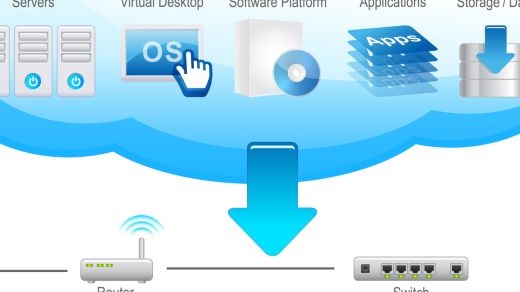In the rapidly evolving world of technology, Cloud Linux has emerged as a game-changing solution for businesses looking to optimize their server performance and security.
Features and benefits of Cloud Linux
Additionally, Cloud Linux offers resource allocation controls through LVE (Lightweight Virtual Environment) technology, allowing for better server stability and performance. This helps to prevent one user from hogging resources and affecting others on the server.
Cloud Linux also provides support for multiple PHP versions, allowing users to run different versions simultaneously on the same server. This flexibility is especially beneficial for developers and website owners who require specific PHP versions for their projects.
How Cloud Linux enhances security
– Security features of Cloud Linux
– How Cloud Linux protects against malware and hacking attempts
– Benefits of Cloud Linux for businesses and individuals
Cloud Linux enhances security by providing advanced security features that protect servers from malware and hacking attempts. With Cloud Linux, each user is isolated in a virtualized environment that prevents one user from affecting others on the same server.
This increased security helps to protect sensitive data and prevent unauthorized access to servers. Additionally, Cloud Linux regularly updates its security features to stay ahead of emerging threats and vulnerabilities.
Businesses and individuals can benefit from using Cloud Linux to ensure the security and stability of their online operations. By investing in Linux training to learn how to effectively utilize Cloud Linux, users can enhance their cybersecurity measures and protect their digital assets.
Performance optimization with Cloud Linux
Cloud Linux is a unique operating system designed specifically for shared hosting environments. It offers enhanced performance, security, and stability for servers hosting multiple websites.
One of the key features of Cloud Linux is its Lightweight Virtualized Environment (LVE) technology, which allows for better resource allocation and isolation between users. This helps prevent one website from hogging all the server resources and affecting the performance of other sites.
By utilizing Cloud Linux, hosting providers can optimize server performance, ensure better uptime, and deliver a more consistent user experience. This makes it an essential tool for anyone looking to maximize the efficiency of their shared hosting environment.
If you are interested in learning more about how Cloud Linux can benefit your server performance, consider taking a Linux training course to deepen your understanding and skills in this area.



